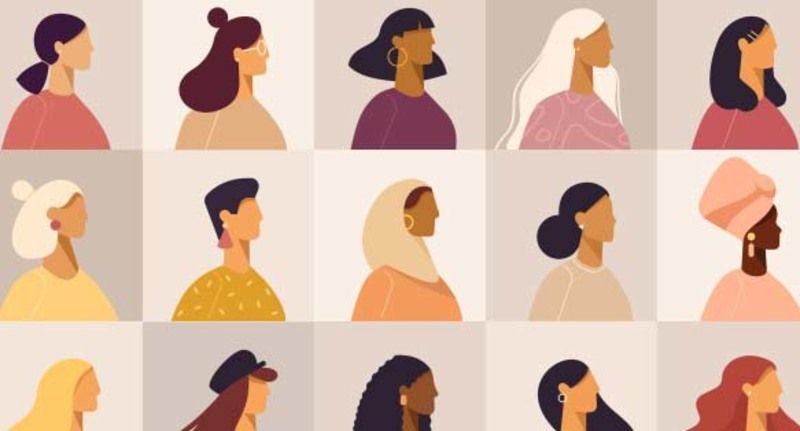Scientific Journals Commit to Diversity, but Lack the Data
Should publishers track the ethnicity of the researchers contributing to their platforms?

Send us a link
Should publishers track the ethnicity of the researchers contributing to their platforms?

A week of talks, panels and discussions seeks to counter an impression "that this talent pool just does not exist."

Valuing diversity leads to scientific excellence, the progress of science and, most importantly, it is simply the right thing to do. We must value diversity not only in words, but also in actions.

Universities and those who work there must reimagine spaces, behaviour and processes to promote a sense of belonging for everyone.

Study would seek to identify effects of bias and how to promote equity.

Black scientists are embracing the hashtag movement that forced the nation to take a hard look at systemic racism.
The pandemic is sabotaging the careers of researchers from under-represented groups, but institutions can help to staunch the outflow.

Study finds the concept of faculty fit in hiring is vague and potentially detrimental to diversity efforts.
How to protect your bright mind from the drain of everyday racism you may encounter in academic life.

The eLife Early-Career Advisory Group calls for radical changes at eLife and other journals to make science more diverse and inclusive.
Non-Black faculty members have the power to help dismantle educational inequities, argue Viji Sathy, Kelly A. Hogan and Calvin M. Sims, and they suggest some practical ways for how to start.
Why aren't more administrators who say they support diversity, equity and inclusion initiatives reaching out to their black colleagues now?
#BlackintheIvory offers proof that academia needs to do better. Now we just need to do the work.

Over 150 Georgia State University faculty members signed an open letter to the school's president, Mark Becker, regarding a greater push for diversity and inclusion within its faculty.

Academics and some scientific organizations will stop research activities on 10 June to reflect and take action on systemic inequalities in science.

Wednesday June 10 has been designated a day of action in STEM and in academia in support of Black lives. Non-Black, non-Indigenous people in STEM and academia are invited to dedicate their working hours to formulating a plan of ACTION for how to join the struggle to ensure that Black lives matter.

Both hashtags trended on social media over the weekend and speak to pervasive racial inequity.

Ignoring science's legacy of racism or a wider culture shaped by white supremacy doesn't make scientists "objective".

It is easy to make excuses – the legacy of historic racism is so strong that there are not a lot of senior Black scientists to choose from, and those that have survived the gauntlet are in demand and overcommitted, and so on and so forth. But these excuses are lame.
Acknowledge the history. Revise your work. Refuse to be complicit.
